SingaporeMotherhood | Education
March 2023
Why Early Intervention is Important if your Child has Learning or Literacy Difficulties

As a parent, you know that your child’s early years — from birth to five years of age — are a critical period of growth and brain development. So you’re putting in the effort to help your preschooler make those critical neurological connections by engaging them in games and activities at home. But instead of enjoying this one-on-one bonding time with you, your child keeps running away. Worse, everything that was just taught has been completely forgotten. What’s happening?
Perhaps your little one is tired. Maybe they’ve reached their learning limit for the day. But what if these aren’t the reasons, and this behaviour has been going on for a while? In that case you may want to think about getting help for your child. Of course, you are tempted to dismiss it as a phase and hope that your child will outgrow such behaviours. Don’t. Education specialists say that addressing these behaviours early is better for your child.
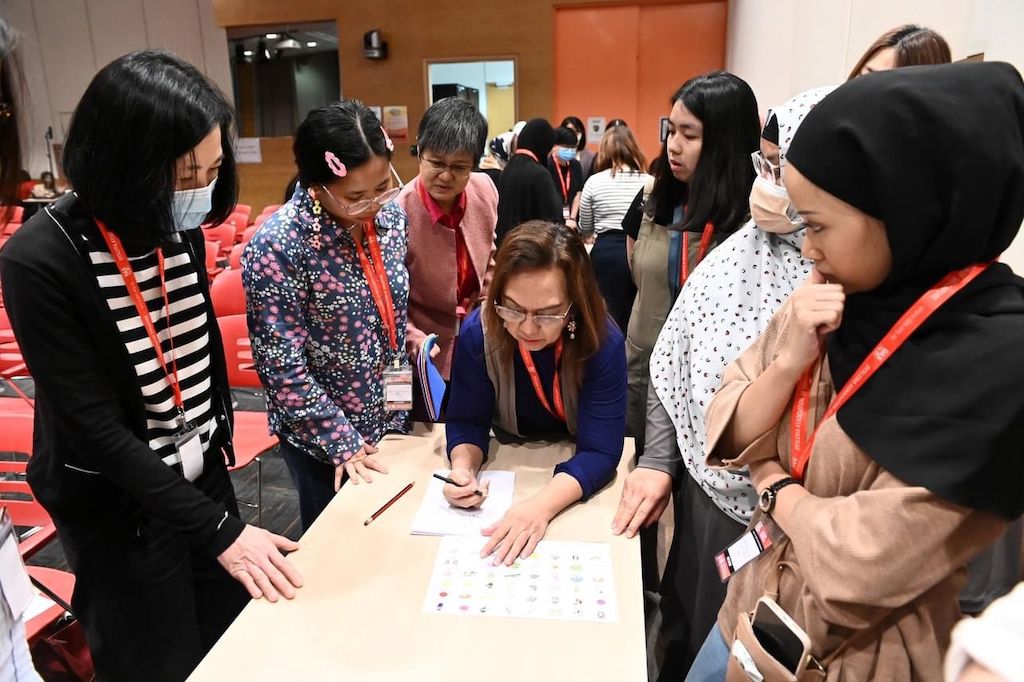
That’s because for a child who requires targeted help, early detection can make a world of a difference. Furthermore, children who lack early literacy skills in kindergarten are more likely to demonstrate long-term reading difficulties, and face learning challenges in the future.
At the DAS Preschool Seminar on 13 March, therapists and professionals from the Dyslexia Association of Singapore (DAS) shared how they use early intervention strategies to help children with learning and literacy difficulties. Here, Preschool Programme Manager Suthasha Kelly Bijay, Senior Educational Therapist Shakthi Bavani d/o Sathiasilan, and Weng Yiyao, Lead Educational Therapist, Preschool Programme of Specialised Education Services at DAS tell us more.
Does your child have learning difficulties?
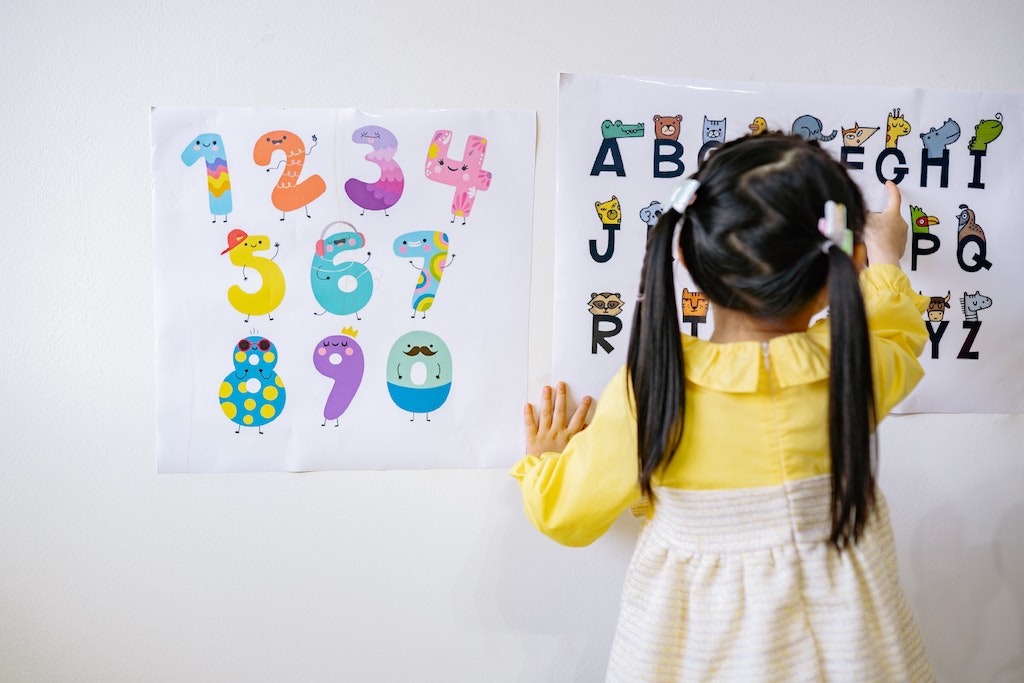
Young children begin to recognise print and sound at the preschool age. Hence, giving them the right environment and exposure for learning are key in setting them up for success in learning. This is especially so if your child has learning problems. How can you tell? Look out for these signs:
- Difficulty in learning letters and sounds — frequently runs away, hides or shows signs of distress during lessons or learning activities.
- Easily forgets letter names, sounds, and sight words that they have just been taught.
- Writing, drawing, and colouring appear to be laborious activities for them.
- Delay in speech, literacy and/or language in comparison to their peers.
- A family history of reading difficulties.
Literacy intervention programmes in Singapore
If you think that your child may need targeted guidance, get help at the following places:
The Dyslexia Association of Singapore offers early literacy intervention programmes such as the Specialised Education Services (SES) Preschool Programme, which is developed and designed to aid preschoolers with early learning difficulties.
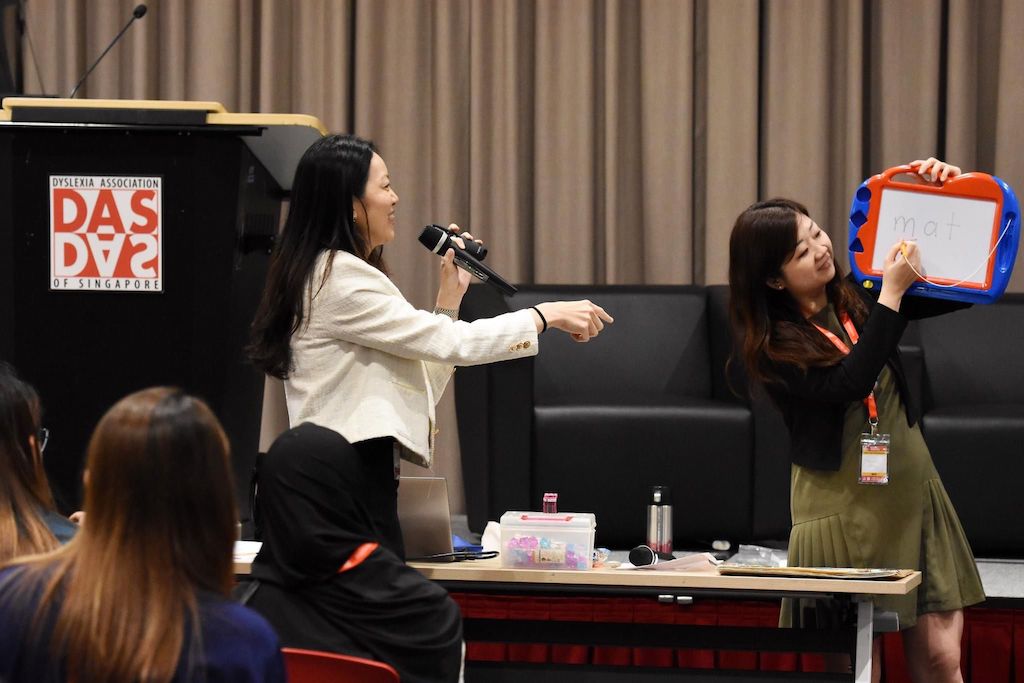
The SES Preschool Programme uses the Orton-Gillingham (OG) Instructional Approach to teach children. This is a multi-faceted approach to teaching that centres on the individual student’s learning needs. It includes direct instruction to support phonological awareness, alphabet knowledge, sight words, listening comprehension, oracy, fine motor skills and early writing engagement.
You can also seek medical consultations and interim therapy atKKH Department of Child Development (KKH-DCD) clinics and NUH Child Development Unit (NUH-CDU) clinics, which are under the national Child Development Programme (CDP).
How early intervention helps preschoolers with learning difficulties
During early literacy intervention, the main focus is to help children acquire early literacy and language skills. Educational therapists monitor each child’s existing literacy level, and craft lessons which aim at getting them to the next level of literacy.
These skills revolve around learning how to identify rhyming words, count syllables in words, match letter sounds to letters, and join or separate letter sounds in three-letter words such as ‘c-a-t’.
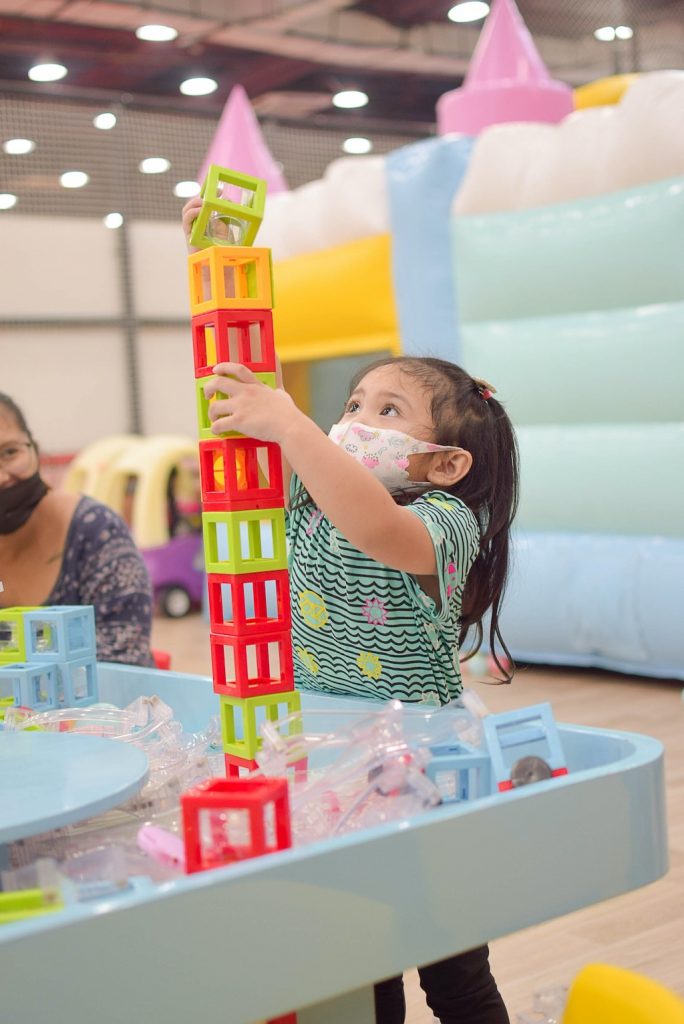
Educational therapists also work with students using multi-sensory methods to teach letter naming, letter-sound correspondence, letter formation and high-frequency words such as ‘I’, ‘a’, ‘my’ and ‘the’.
Apart from using multi-sensory methods, they also layer their teaching by using various methods to impart the same concept, and employ repetition to further enhance memory. Therapists monitor each child’s progress closely through formal and informal literacy assessments throughout the year. They then tweak the teaching approach in class according to the child’s specific learning needs.
At home, parents can supplement the learning as well.
How to help your preschooler at home

Firstly, understand that your child’s struggles and distress are genuine, and that your child is putting in the best effort to learn. Secondly, understand their needs. For instance, if your child is still learning to recognise letters, sight word practices might be too advanced for them. Thirdly, engage your children in the following at home in the following ways:
Listening
Listen to sounds of letters and things around the house. Identify them, and play rhyming games.
Speaking
Tell a story, answer questions about a story, talk about a topic of interest, and carry out pretend play.
Reading
Read books together, read signs, do scavenger hunts, play letter sorting games and letter pairs games.
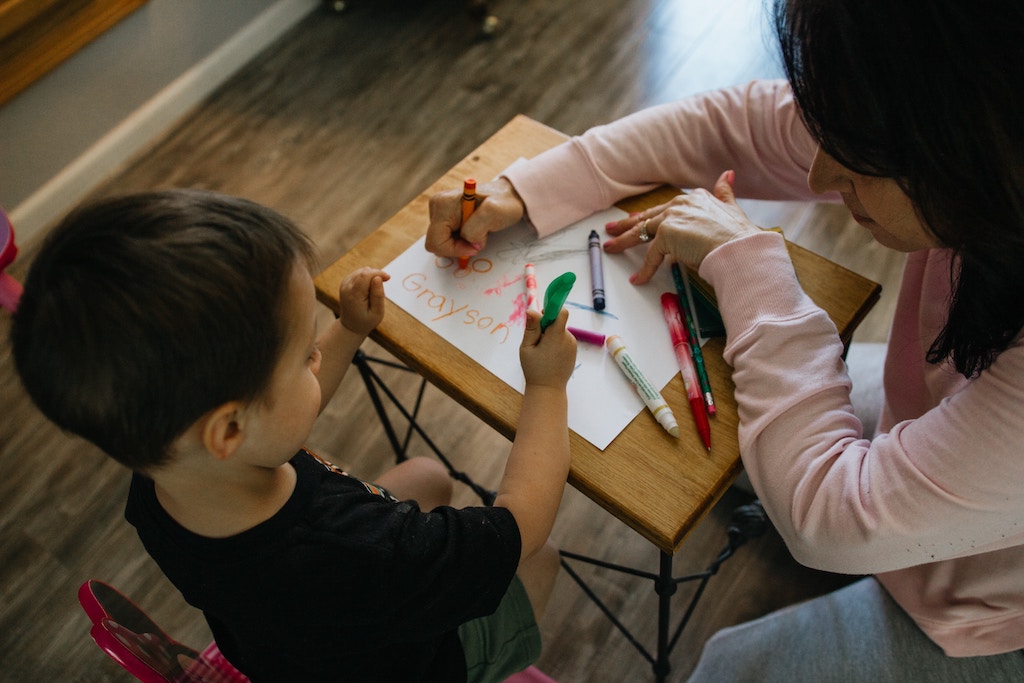
Writing
Draw or trace on lines and shapes, cut out different shapes, and write letters. Carry out activities such as making the alphabet with Play-Doh, or rainbow writing.
If your child continues to exhibit learning challenges and feels discouraged, remind them of their individual strengths. Continue to encourage them, and acknowledge their efforts.
By being your child’s greatest cheerleaders and getting your child the specialised help they need, you could be making life-changing decisions for your child.
Get more information on early intervention for literacy difficulties at the official DAS website.
(See also: 6 First-rate Enrichment Programmes for Special Needs Children in Singapore)
Featured image: cottonbro studio
All content from this article, including images, cannot be reproduced without credits or written permission from SingaporeMotherhood.
Follow us on Facebook, Instagram, and Telegram for the latest article and promotion updates.





